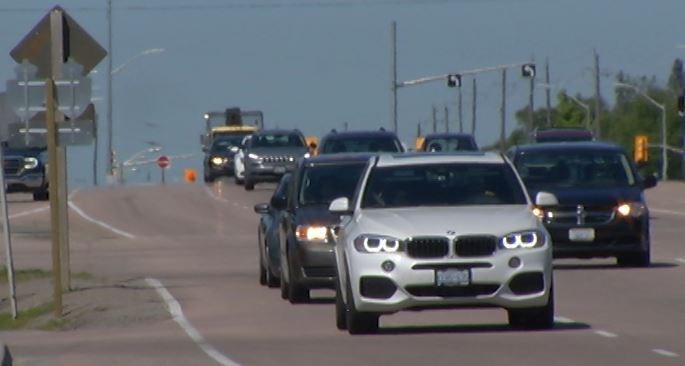A state lawmaker representing Broomfield and Boulder counties is spearheading a bill to create an income tax credit for employers who come up with ways to get their employees to cut down on commuting to work in single-occupancy vehicles.
Rep. Matt Gray is one of the co-sponsors of HB22-1138, which is aimed primarily at essential workers and workers earning under $40,000 a year, according to the bill’s text. The legislation - which was introduced earlier this month, will be heard by the House Finance Committee on Feb. 28.
Another transportation bill — HB22-1026 — replaces a corporate income tax dedication for expenses related to providing alternative transportation options for employees with a refundable tax credit for similar expenses available to corporate and non-corporate employees, according to the bill’s fiscal note.
The bill was introduced in January.
Both measures were praised this week by Audrey DeBarros, executive director of the nonprofit Commuting Solutions, which advocates for transportation options on U.S 36 in Boulder County and Highway 119 between Longmont and Boulder.
“Both bills are taking the right steps to make transportation more sustainable for the northwest metro region,” DeBarros said in an email message. “Transportation is the largest Greenhouse Gas emissions in the world, and it’s time to do something about it.”
The amount of the tax credit in the Gray measure is 50% of the amount spent by the employer to provide alternative transportation options to some or all of its employees, the bill states. The purpose is to reduce “automobile-related air pollution, traffic congestion, and transportation costs, according to the legislation.
The bill, if passed, requires the executive director of the Colorado Department of Transportation, in coordination with the Colorado Energy Office and metropolitan planning organizations, to create an annual commuter survey for employers to use to determine how their employees commute to and from work.
The bills follow the January 2021 GHG Pollution Reduction Roadmap, adopted by Gov. Jared Polis, DeBarros said. The roadmap called for employers to provide transportation demand services — which includes buses and ride sharing — to their employees to address traffic congestion and improve Colorado’s severe air quality, DeBarros said.



